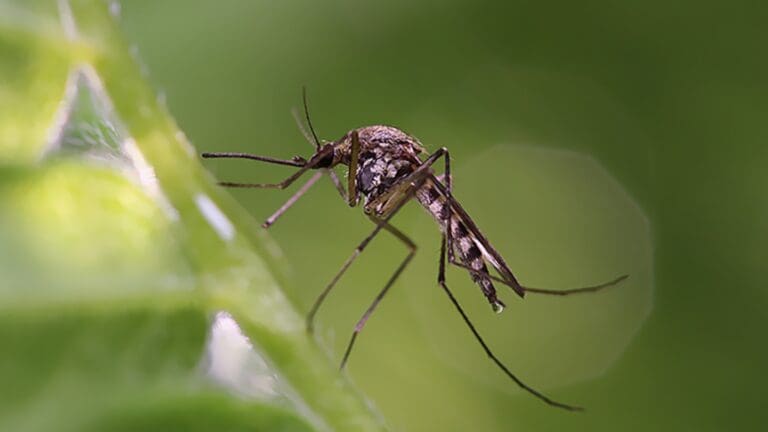The French relief group Médecins Sans Frontières/Doctors Without Borders (MSF) warns of a significant public health challenge in Ethiopia where over 7.3 million malaria cases have been reported this year.
In its latest report released on Thursday, MSF said it is responding in two of the most hard-hit regions, Oromia and Gambella, alongside the Ministry of Health of Ethiopia.
Last year, the World Health Organization (WHO) reported 4.1 million in 2023, making Ethiopia one of the highest burden countries in East Africa.
MSF said the cases are an added challenge to the country’s healthcare system, grappling with previous and ongoing conflict.
“The healthcare system has been stretched to its limits, especially with the high number of refugees and displaced people residing in the country,” says MSF head of mission Jocelyn Yapi.
“In Oromia region, years of insecurity and limited access to healthcare have left people increasingly vulnerable to malaria. The region accounts for 48.5 percent of all current malaria cases countrywide, with numbers of malaria patients increasing five-fold between August 2023 and August 2024,” Yapi said.
MSF with collaboration with the Ministry of Health in Oromia launched its emergency response in July 2024, setting up dedicated malaria wards at Nekemte specialized hospital in East Wollega and Nejo general hospital in West Wollega, where its teams treat around 750 people per week.
In Kule refugee camp in Gambella region, home to more than 50,000 refugees, malaria cases have surged by 150 per cent in 2024 compared to the previous year.
“The situation is alarming,” says MSF deputy medical coordinator George Mapiye.
“Our team are seeing the highest numbers of malaria infections reported in the last five years and we are working tirelessly to provide the necessary care and help put in place preventive measures, and treatment, including vaccinating children against the disease,” Yapi added.
MG/as/APA


